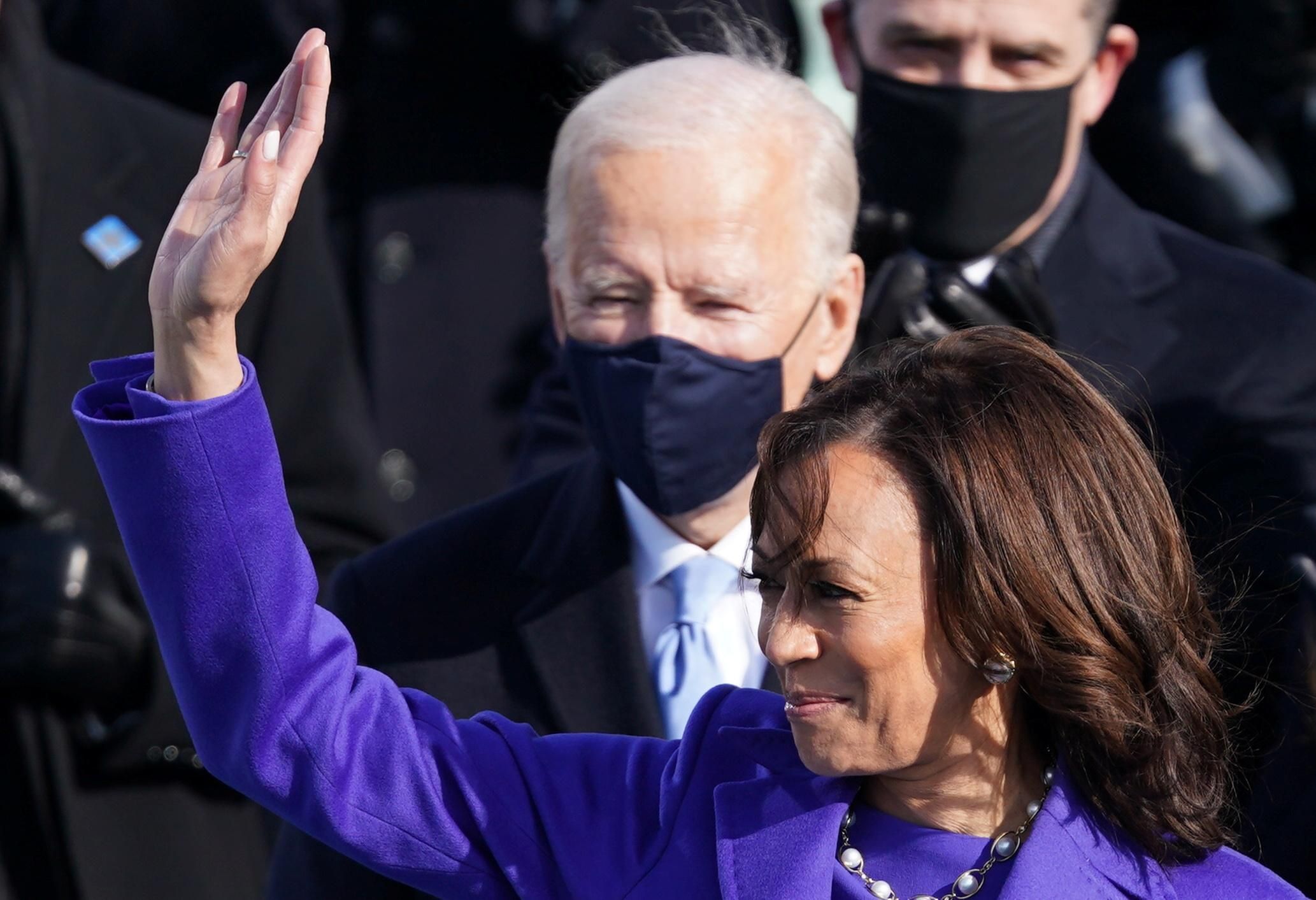January 21, 2021
John Nance Garner gave up the powerful position of Speaker of the House to serve two terms as Franklin Roosevelt's vice president (1933-1941), but he's best remembered today for a comment (he may never actually have made) that the job of VP "is not worth a bucket of warm spit."
In reality, the role of US vice president is determined almost entirely by the president. With that in mind, how might Kamala Harris advance President Biden's agenda? A few thoughts.
As everyone surely knows by now, the 50-50 partisan split in the US Senate means that Harris — who as VP is president of the Senate — will be called upon to break tie votes. But that power has limits, because the even split within Senate committees will force Chuck Schumer and Mitch McConnell, leaders of the Democratic and Republican parties respectively, to agree on rules to even bring legislation up for a vote.
There are three factors that make her more important.
First, Biden says he's asked Harris to be "the last voice in the room," the final opinion he listens to before making big decisions. Early reports indicate that Biden has not given Harris a specific issue portfolio. That means that rather than exercising lead influence on one issue, she will have meaningful influence on many.
Second, Harris will also be a lightning rod, a person who can divert attacks from Biden. The Trump campaign found it difficult to land rhetorical punches on the avuncular Biden, but Harris was often targeted as a "far-left radical." Some Republicans belittled her by mocking the sound of her name. She certainly knows what misogyny and racism sound like.
By drawing fire from the president, Harris can help protect Biden's popularity as he works to advance his agenda.
Finally, the vice president's most important job is to be ready to serve as president on a moment's notice. See Harry Truman (1945), Lyndon Johnson (1963), and Gerald Ford (1974). That's the part of the job that ensures that even the least influential of vice presidents should always hold our attention.
More For You
Hellenic coast guard performs SAR operation, following migrant's boat collision with coast guard off the Aegean island of Chios, near Mersinidi, Greece, February 4, 2026.
REUTERS/Konstantinos Anagnostou
15: The number of migrants who died after their boat accidentally collided with a Greek Coast Guard vessel in the Aegean Sea on Tuesday. Two dozen people were rescued.
Most Popular
Walmart is investing $350 billion in US manufacturing. Over two-thirds of the products Walmart buys are made, grown, or assembled in America, like healthy dried fruit from The Ugly Co. The sustainable fruit is sourced directly from fourth-generation farmers in Farmersville, California, and delivered to your neighborhood Walmart shelves. Discover how Walmart's investment is supporting communities and fueling jobs across the nation.
Workers repair a pipe at a compound of Darnytsia Thermal Power Plant which was heavily damaged by recent Russian missile and drone strikes, amid Russia's attack on Ukraine, in Kyiv, Ukraine February 4, 2026.
REUTERS/Valentyn Ogirenko
Democratic Alliance leader John Steenhuisen announced Wednesday that he will not run for a third term as leader of the liberal, pro-business party, after months of internal pressure over a host of controversies – including allegations, since cleared, that he used the party credit card for Uber Eats.
© 2025 GZERO Media. All Rights Reserved | A Eurasia Group media company.
